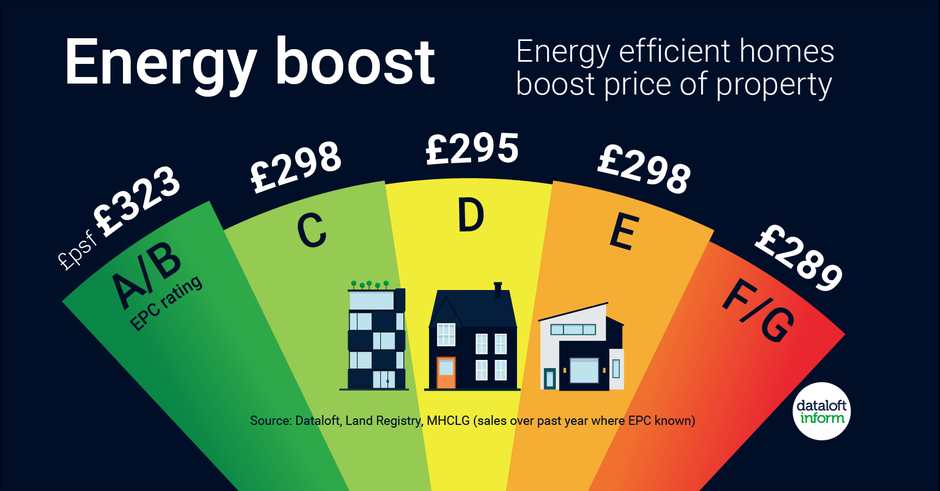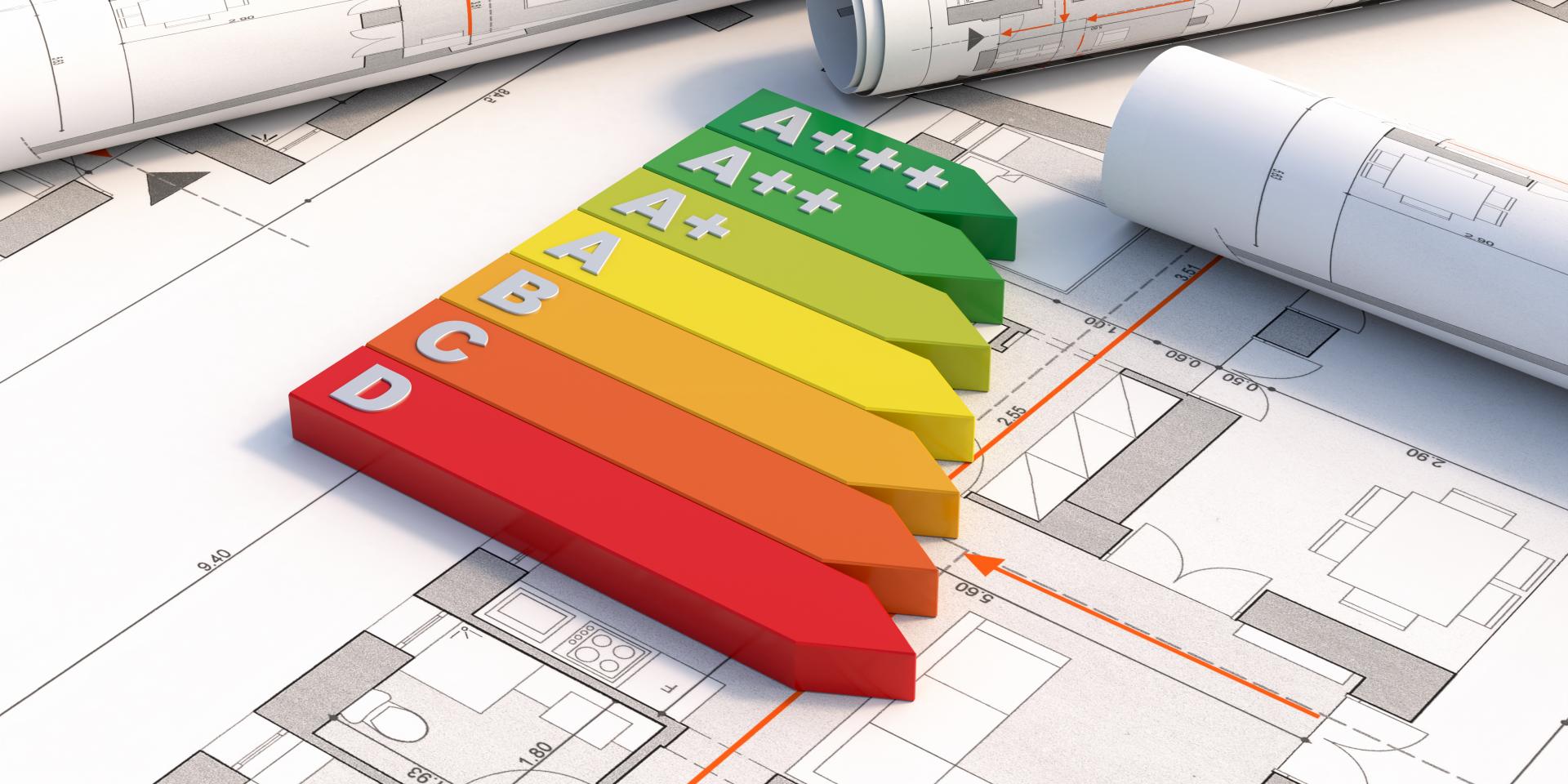As COP26 enters its second week in Glasgow we take a look at climate change issues surrounding the housing market. In the first of a two-part investigation, Rosie Spours, Branch Manager and Valuer with our Alnwick Office, looks at the growing importance of high rating EPC’s (Energy Performance Certificates).
Energy Performance certificates, more commonly known as EPC’s, are going to play a much greater part of the home buying and selling process. Even if you’re not planning on selling any time soon, it makes sense to check your current EPC to see where you stand, and consider improvements that could save you time, money and hassle down the line whilst also cutting your carbon emissions.
Figures* are now showing properties with EPC ratings of C or above are achieving greater values than those with lower grades. Buyers are more conscious now of how efficiently a home runs and the related energy costs, being reassured by a high rated EPC means that purchasers know they won’t have to spend too much post purchase on new heating systems, insulation etc. Further research from the Energy Saving Trust shows that 96% of UK homeowners are concerned about their home energy efficiency with 22% of the UK’s carbon emissions currently come from our homes.

The Energy Performance Certificate (EPC) scheme is well established. Since August 2007 for properties being sold, and since October 2008 for properties being rented, all dwellings must come with an EPC indicating its energy efficiency level. Properties are placed in bands from A to G, with an A rating being the most efficient, and G the least.
In the initial years following the scheme’s introduction, an EPC was largely viewed as ‘yet another piece of paperwork’ involved in the home-buying process. In more recent times, as energy prices increase and purchasers become more aware of energy efficiency, it’s taken on a new importance for both sellers and buyers and most definitely for Landlords and Tenants.
Tackling emissions from UK homes will be key to enabling the government to reach its climate targets. The Paris Agreement, an agreement signed by all attending nations during COP25, legally enforces the UK to be committed to accelerating plans to reduce emissions. As such, the UK government wants to upgrade as many homes as possible to an EPC rating of C by 2035, although critics say this deadline should be bought forward to as early as 2028. In any case, it puts homeowners, who are currently below a C rating in something of a predicament, as housing experts now warn that non-energy efficient homes are at risk of becoming difficult to sell.
The government’s plans to ensure homes are upgraded beyond a C rating automatically makes those above this level more appealing to buyers as they won’t be required to carry out potentially costly improvements. By taking proactive steps prior to selling you will not only potentially increase the sale price of your property but also make a positive impact on addressing the climate emergency.
*Figures correct at time of writing. Source: Dataloft
-NOTES-
- Homes sold with an EPC rating A or B over the past years achieved a 10% price premium over properties with an EPC energy efficient rating of D.
- One in every 12 properties sold achieved an energy efficiency rating of A or B on its EPC, 47% of properties selling with a D rating.
- Just 6% of re-sale properties sold achieved the A or B rating, However over 60% of re-sale properties have the potential, with improvements, to hit that grade.
- As autumn approaches and the conversation in many households turns to extra layers versus heating on, boosting your homes EPC rating may well keep you warm and help boost your sale price. Source: Dataloft, Land Registry, MHCLG

 By
By 




Share this with
Email
Facebook
Messenger
Twitter
Pinterest
LinkedIn
Copy this link